REMEMBERING DIXIE
THE BATTLE TO CONTROL HISTORICAL
MEMORY IN NATCHEZ, MISSISSIPPI,

18651941

SUSAN T. FALCK
UNIVERSITY PRESS OF MISSISSIPPI / JACKSON
The University Press of Mississippi is the scholarly publishing agency of the Mississippi Institutions of Higher Learning: Alcorn State University, Delta State University, Jackson State University, Mississippi State University, Mississippi University for Women, Mississippi Valley State University, University of Mississippi, and University of Southern Mississippi.
www.upress.state.ms.us
Designed by Peter D. Halverson
The University Press of Mississippi is a member of the Association of University Presses.
Copyright 2019 by University Press of Mississippi
All rights reserved
Manufactured in the United States of America
First printing 2019
Library of Congress Cataloging-in-Publication Data
Names: Falck, Susan T., author.
Title: Remembering Dixie : the battle to control historical memory in Natchez, Mississippi, 18651941 / Susan T. Falck.
Description: Jackson : University Press of Mississippi, [2019] | First printing 2019. | Includes bibliographical references and index.
Identifiers: LCCN 2019012208 (print) | LCCN 2019022331 (ebook) | ISBN 9781496824400 (hardcover : alk. paper) | ISBN 9781496824417 (pbk. : alk.paper)
Subjects: LCSH: African AmericansMississippiNatchezHistory. | Natchez (Miss.)History. | Natchez (Miss.)HistoryCivil War, 18611865. | Natchez (Miss.)Social life and customs. | Natchez (Miss.)Social conditions. | Natchez (Miss.)Economic conditions. | Natchez (Miss.)Race relations.
Classification: LCC F349.N2 F35 2019 (print) | LCC F349.N2 (ebook) | DDC 976.2/26dc23
LC record available at https://lccn.loc.gov/2019012208
LC ebook record available at https://lccn.loc.gov/2019022331
British Library Cataloging-in-Publication Data available
To Barry, Ryan, and Molly, with love
CONTENTS
Memory Making on Parade
African American Historical Identity in Reconstruction-Era Natchez
A Taste for Associations
Reconstructing White Identities in Postwar Natchez
Picture Makers
Black and White Historical Memory in Postbellum Natchez
The Battle of the Hoopskirts
The Ladies Go to Court
Natchez Today
Where More Than the Old South Still Lives
ACKNOWLEDGMENTS

I HAVE ACCUMULATED MANY DEBTS OF GRATITUDE IN THE RESEARCH AND writing of this book. It is a pleasure to have the opportunity to formally thank those who intellectually mentored and befriended me on my pilgrimage to research and write about the captivating history of Natchez, Mississippi. Much of the credit for this book goes to historian Ronald L. F. Davis, whom I met more than twenty years ago at California State University, Northridge. Sitting in Rons wonderfully cluttered office, I listened as he told me about a place called Natchez and his Natchez Courthouse Records Project (NCRP), which was dedicated to rescuing, preserving, and processing the towns exceptional collection of historical legal records. During my first trip to Natchez as a NCRP archival volunteer, I became intrigued with the Natchez Garden Club, founded in the early 1930s by a group of history-loving matrons determined to save their towns eroding collection of antebellum mansions. As my research interests developed first as a conference paper and eventually a book manuscript, Ron coached me every step of the way. I am deeply grateful for his many suggestions, historical insights, wicked sense of humor, and warm friendship.
Along my pilgrimage through Natchez history, I met many wonderful and extraordinary people who made my journey intellectually and spiritually fulfilling, fun, and the adventure of a lifetime. Through the Natchez Courthouse Records Project, I worked alongside a talented band of scholars affiliated with Cal State University, Northridge, who were as eager to make sense of Natchezs past as I was and knew how to have a good time while doing so. As we poured over courthouse records and shared our research finds, friendships blossomed as we connected the dots of Natchezs past and encouraged each others research passions. I am indebted to the following individuals, many of whose scholarly works are cited in this book: Aaron Anderson, Justin Behrend, Darcy Bieber, Joyce Broussard, Janet Bruce, Rebecca Dresser, Cai Hamilton, Wendy Machlovitz, Sheryl Nomelli, Cynthia Parker, Michael Ward, and Rosanne Welch. The friendships that developed among my gal pals were one of the best perks of my Natchez experience. You all are amazing, wise women, and your humor, wit, and insights kept me going with this project. I owe special gratitude to Cynthia Parker for allowing me to spend several weeks in her Natchez home one summer. While we sipped cold ice teas on those hot, muggy evenings, Cindy shared her fabulous collection of letters written by the Quitman sisters of Monmouth, which she used for her study of the estates black residents in the Reconstruction era. These same letters gave me a clearer image of how the war and its aftermath impacted the once privileged and pampered world of elite white Natchez women. I am equally grateful to Dan and Jan Shiells for generously opening their beautifully restored Victorian Natchez home to me on my final research trip to wrap up this project. Enjoying the homes library and luxurious soaks in a claw-foot tub after long days of research and interviews, I too came to know the pleasures of feeling pampered.
I am extremely appreciative of the intellectual guidance I received from the University of California, Santa Barbara, and Cal State University, Northridge. UCSB cultural historian Lisa Jacobson pushed me to discover additional historical actors who helped shape the cultural image of Natchez during the postwar period as well as those who challenged it. Historians Anne Plane and Randy Bergstrom helped me to more fully appreciate how my research fit within the realm of public history. I am deeply appreciative of the many excellent suggestions these individuals and other UCSB colleagues made on this book. Merri Ovnick of Cal State University, Northridge, was especially kind and supportive throughout the duration of this project. Both CSUN and UCSB were extremely generous in providing funding that made frequent research trips to Mississippi and other archives possible. A scholarship awarded by the San Francisco chapter of the Colonial Dames during the final stage of this project was also greatly appreciated.


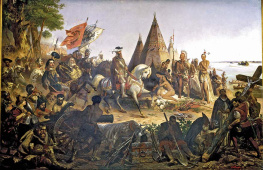
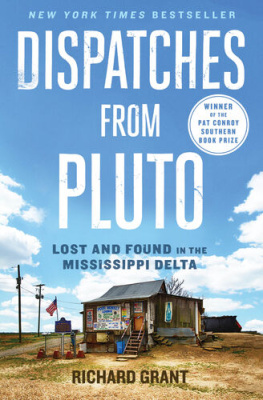
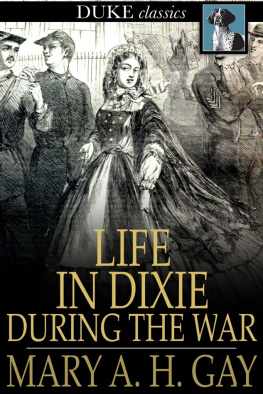
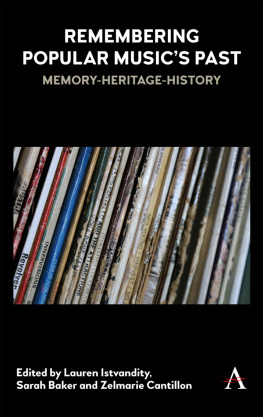
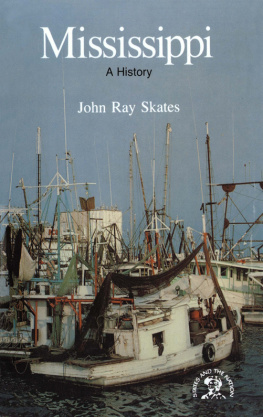
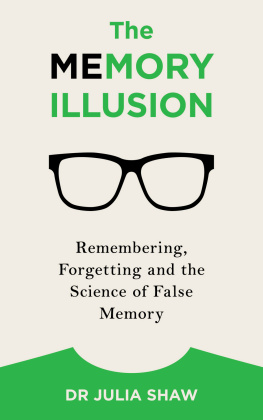
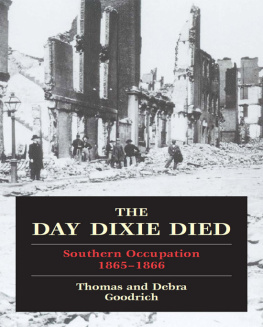



 18651941
18651941


